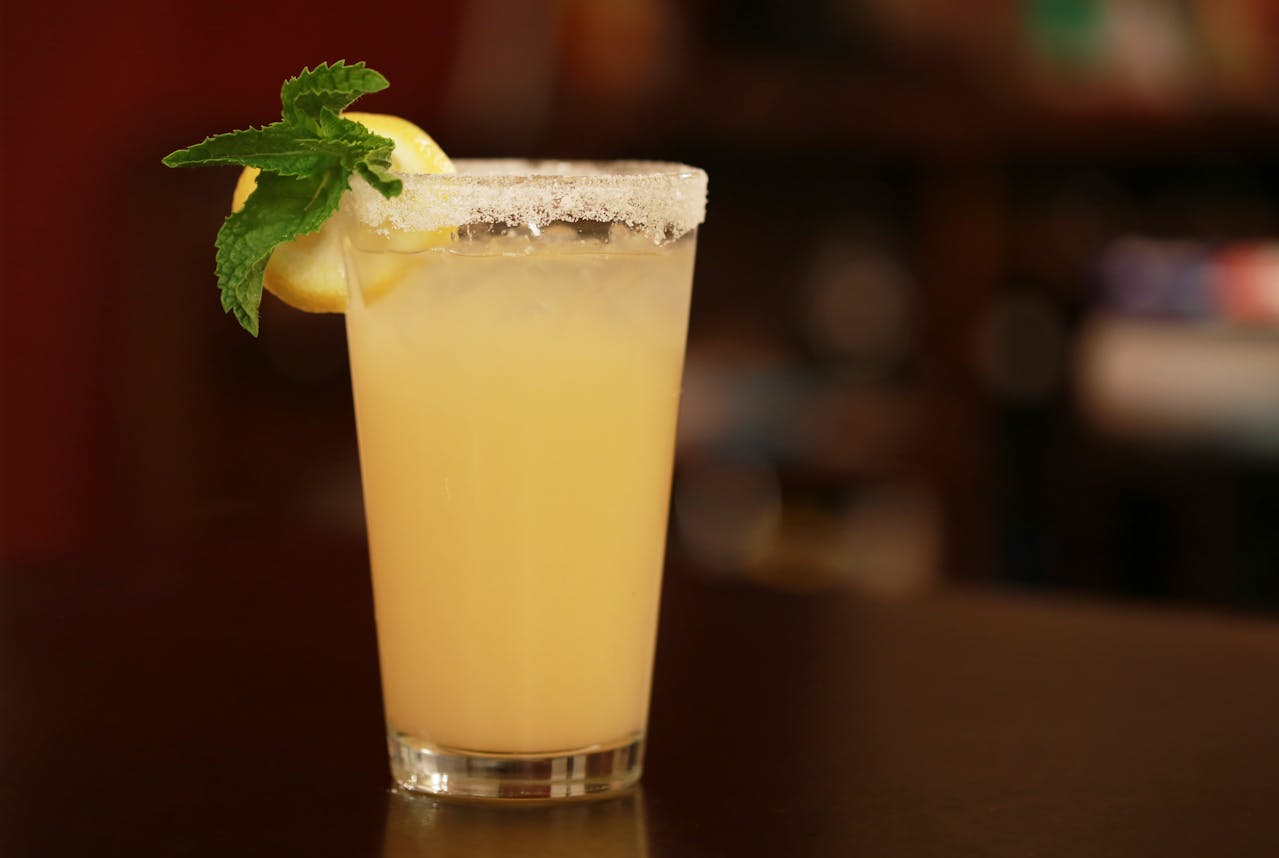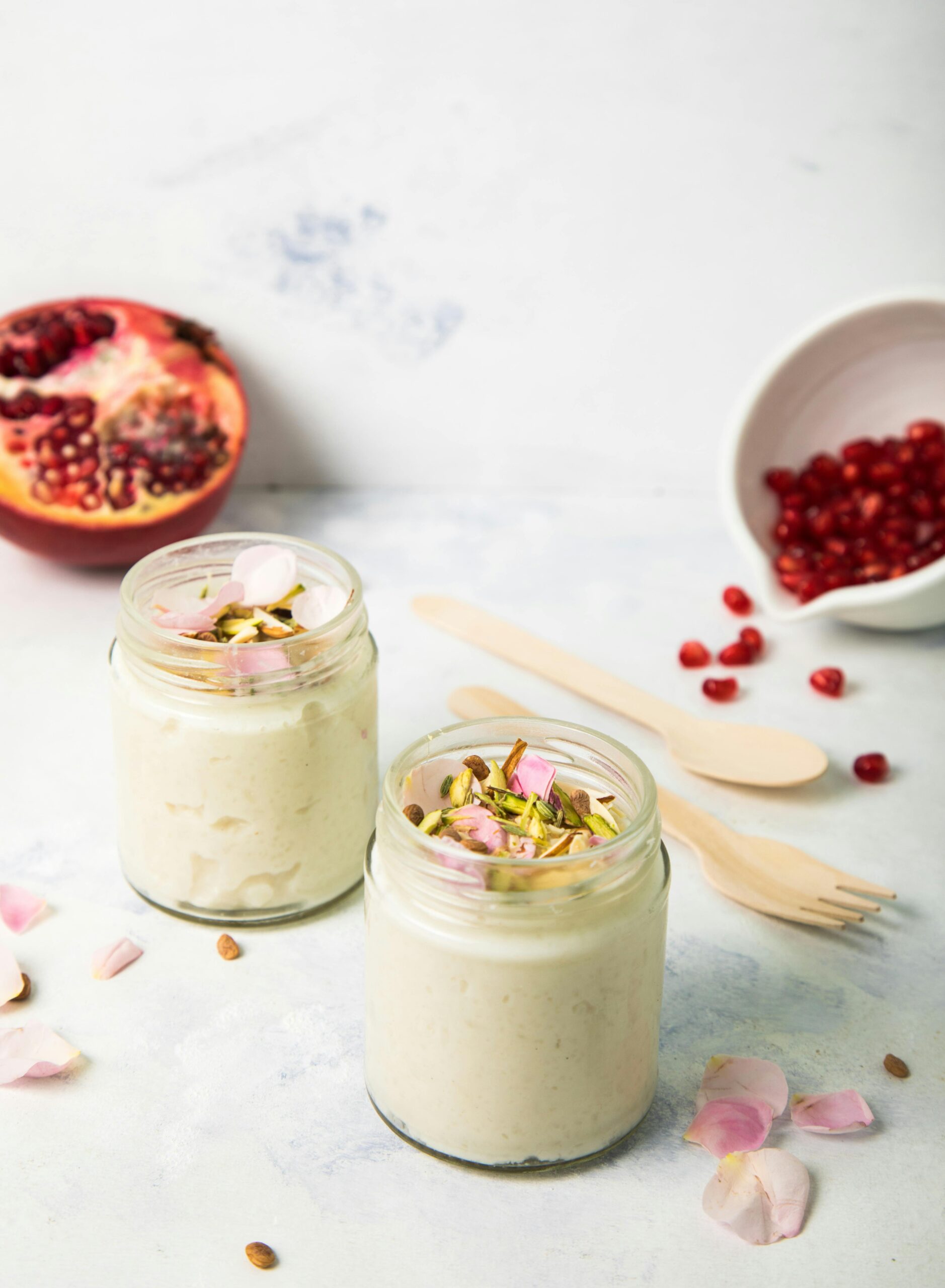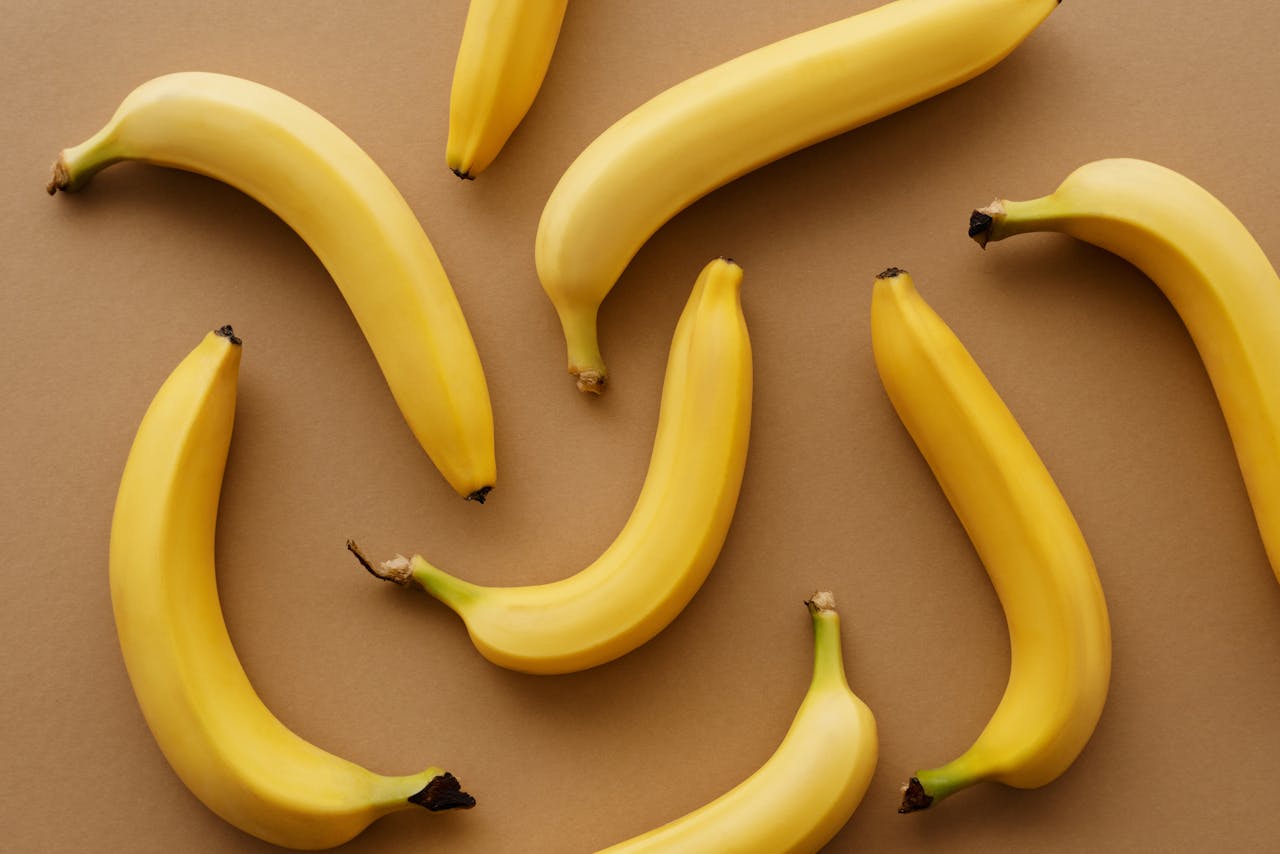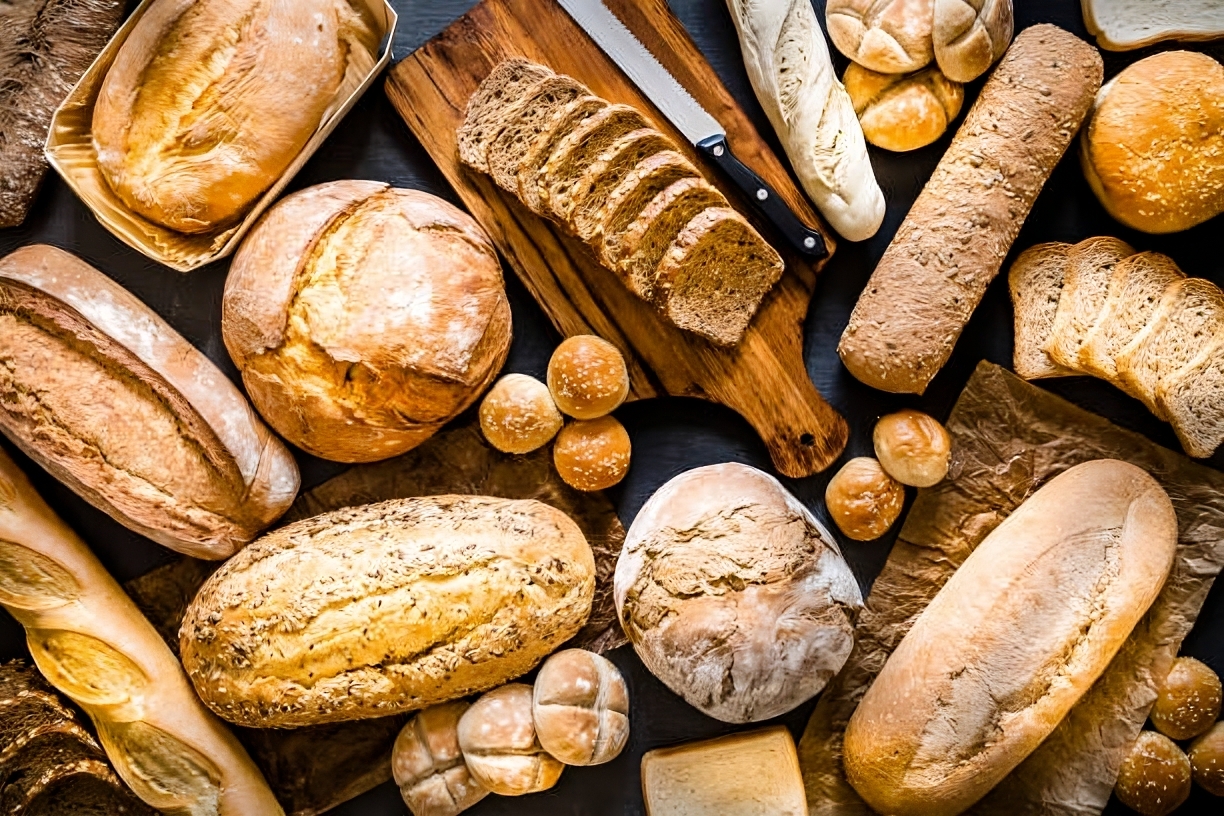Nimbu Paani: The Perfect Summer Refreshment
It’s a new day and a new topic, and today we’re diving into the world of Nimbu Paani, a quintessential Indian summer drink. While coconut water has its undeniable benefits, Nimbu Paani holds a special place in our hearts and homes. With its tangy flavor, easy availability, and simplicity in preparation, Nimbu Paani is an unbeatable
companion for beating the scorching summer heat.
Why Nimbu Paani Reigns Supreme
Nimbu Paani, made with fresh lemon juice, water, and a sweetener, is not just refreshing but also packed with numerous health benefits. Here’s why this humble drink is
the perfect antidote to summer heat waves:
- Tangy Flavor: The zesty lemon flavor invigorates your senses, providing an instant cooling effect and revitalizing your energy levels.
- Availability: Unlike coconuts, which might not be easily accessible to everyone, lemons are readily available in most households and markets, making Nimbu Paani a convenient choice.
- Easy to Make: Nimbu Paani requires minimal ingredients and preparation time, making it a quick and easy solution to quench your thirst.
Beating the Summer Heat
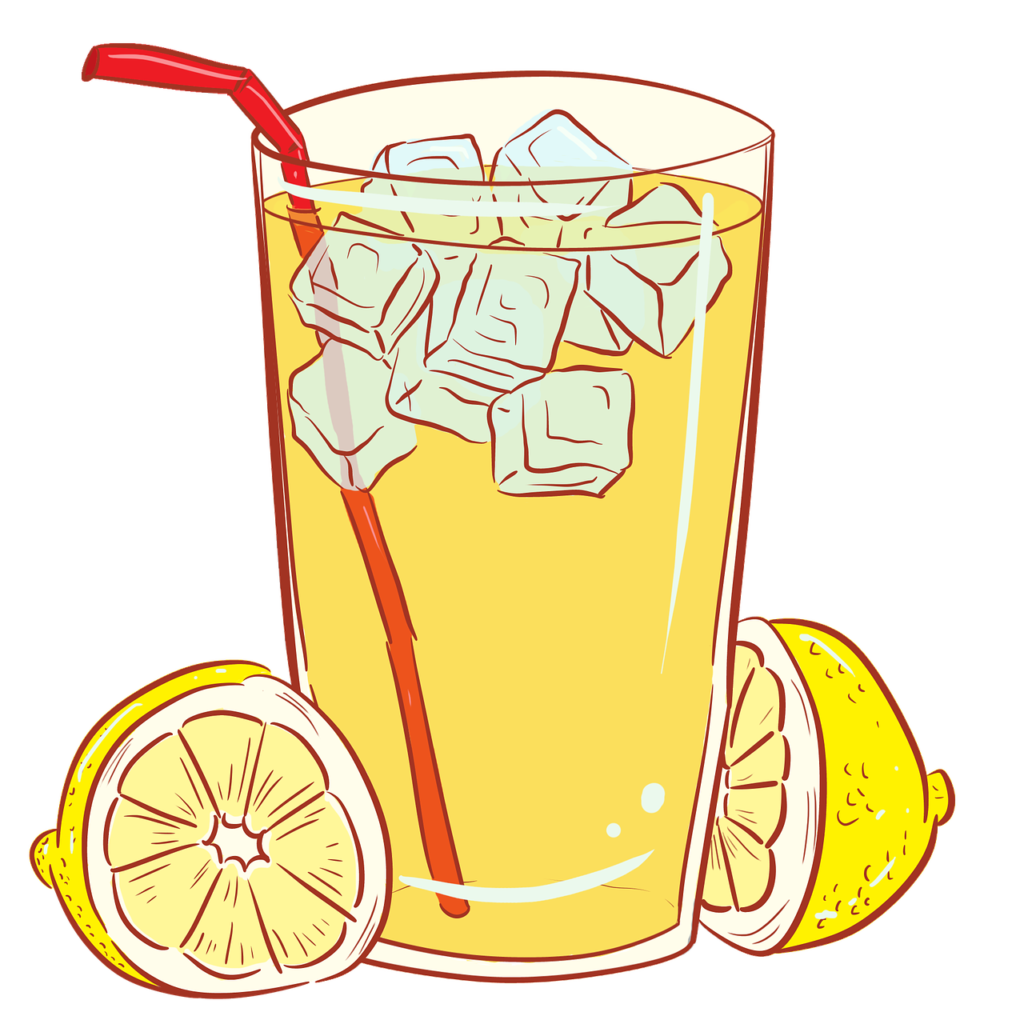
Along with coconut water, Nimbu Paani is a powerful ally in combating the summer heat. Lemons, the star ingredient in Nimbu Paani, are rich in vitamin C and other essential nutrients that help keep you hydrated and energized. They also provide a natural source of electrolytes, which are crucial for maintaining fluid balance and preventing dehydration during hot weather.
Stay tuned as we dive deeper into the benefits of Nimbu Paani, its variations, and why this simple drink is a summer staple in every Indian household.
Origin of Lemon in India and Historical Insights
The Origin of Lemon in India
Lemons (Citrus limon) are believed to have originated in the regions of northern India, northern Burma (now Myanmar), and China. They were cultivated and traded
extensively in these regions before making their way to other parts of the world through ancient trade routes. By the first century AD, lemons were well-known in southern Italy, and by 700 AD, they had reached Persia, Iraq, and Egypt. The widespread cultivation of lemons in the Mediterranean region, particularly in southern Europe, is
attributed to the Arab traders and settlers who brought the fruit from Asia.
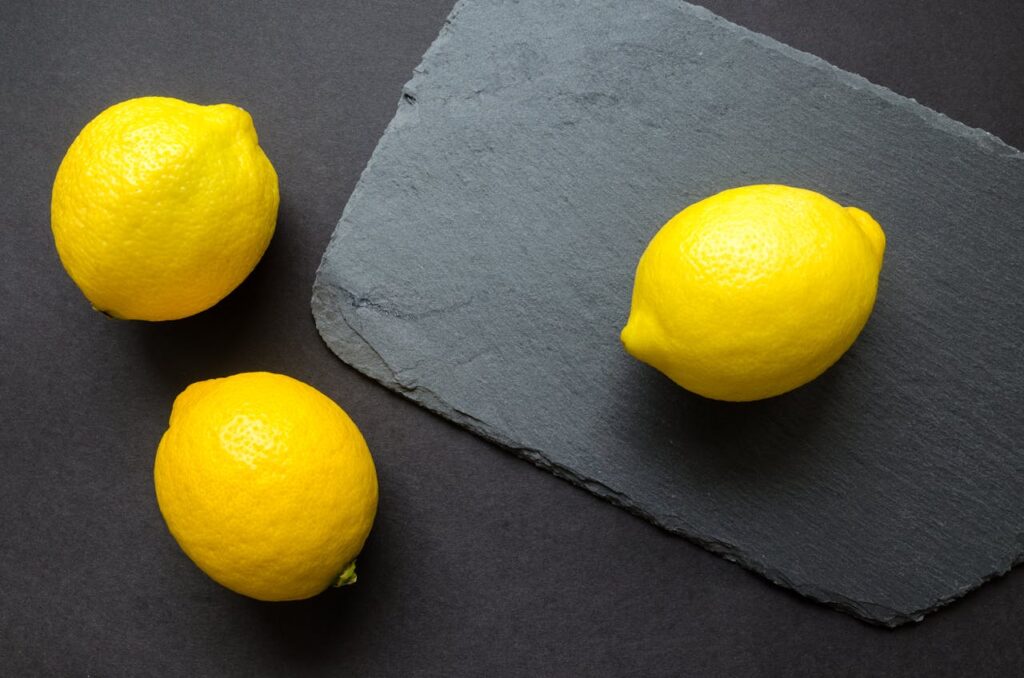
Introduction to India
Lemons have been a part of Indian horticulture for centuries. In India, they were likely introduced through the Silk Road and other trade routes that connected India with
China, the Middle East, and the Mediterranean regions. Over time, the lemon became an integral part of Indian agriculture and cuisine, thriving in the tropical and
subtropical climates of the Indian subcontinent.
Historical Significance
In ancient India, lemons were valued not only for their culinary uses but also for their medicinal properties. Ayurvedic texts, some of which date back thousands of years,
mention the use of lemon for its health benefits, including its use as a digestive aid, an immune booster, and a remedy for various ailments.
Lemons were also used in traditional Indian rituals and religious practices. For example, they were often placed on altars during Hindu religious ceremonies and used in
folk remedies to ward off evil spirits.
The Science Behind How Lemon and Water Help Us Beat the Heat
As we delve deeper into the wonders of Nimbu Paani, let’s explore the science behind how lemon and water help us stay cool and hydrated during the scorching summer months.
How Lemon and Water Help Beat the Heat
Lemons are rich in vitamin C and essential minerals like potassium, which play a crucial role in maintaining hydration and electrolyte balance. When you sweat in the heat, your body loses vital electrolytes, leading to dehydration and fatigue. Drinking Nimbu Paani replenishes these lost electrolytes, keeping you hydrated and energized.
- Hydration: Water is fundamental for hydration, and when combined with lemon, it becomes even more effective. The natural sugars and salts in lemon juice help your body absorb the water more efficiently.
- Cooling Effect: Lemons have a cooling effect on the body. The citric acid in lemons aids in digestion and helps detoxify the body, which can also contribute to a
feeling of coolness and refreshment. - Antioxidants: Vitamin C in lemons acts as an antioxidant, protecting your cells from damage by free radicals, especially during hot weather when your body is under more oxidative stress.
Life Hacks with Lemon
Beyond beating the heat, lemons are incredibly versatile and can be used in various life hacks:
- Cleaning Tough Stains with Lemon and Baking Soda:
- How It Works: The acidic nature of lemon juice combined with the abrasive properties of baking soda creates a powerful cleaning agent. This combination can
effectively remove tough stains from surfaces like kitchen countertops, sinks, and even fabrics. - Life Hack: Sprinkle baking soda on the stained area, then rub it with a cut lemon. Let it sit for a few minutes before scrubbing and rinsing with water.
- Deodorizing Your Refrigerator:
- How It Works: Lemons have natural antibacterial properties and a fresh scent that can neutralize odors. Placing lemon slices or a small bowl of lemon juice in
your refrigerator can help keep it smelling fresh. - Life Hack: Cut a lemon into quarters and place them in an open container inside your fridge. Replace them every few days to maintain freshness.
- Natural Insect Repellent:
- How It Works: The strong citrus scent of lemon can repel insects like mosquitoes and ants. Lemon oil or juice disrupts the scent trails that insects follow.
- Life Hack: Mix lemon juice with water in a spray bottle and spray it around doorways, windowsills, and other entry points to keep insects at bay.
Conclusion
Nimbu Paani, with its tangy flavor and hydrating properties, is more than just a refreshing summer drink. The combination of lemon and water works wonders to keep us cool, hydrated, and healthy during the hottest months of the year. Moreover, the versatile lemon offers numerous life hacks, from cleaning tough stains to deodorizing your fridge and repelling insects.
While this article has explored the incredible benefits and uses of lemon, there’s still much more to discover. In our next article, we’ll delve into how climate change
affects lemon production and the debate between store-bought vs. homemade Nimbu Paani. Stay tuned for more fascinating insights and practical tips on your favorite food items!

